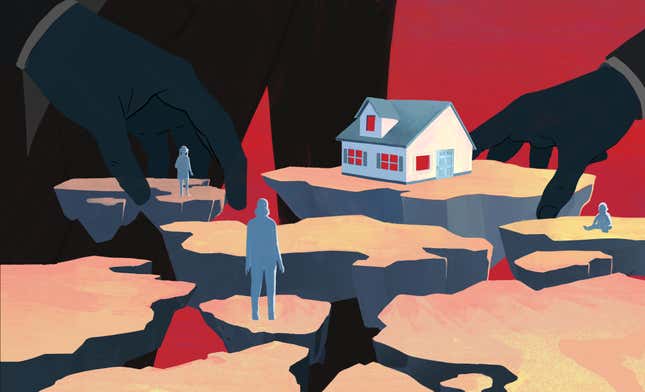'Having That Guilty Plea on My Record Feels Horrible': Stories From Inside the Child Welfare System
Latest
In collaboration with Rise magazine, Jezebel is publishing a series of articles written by parents affected by the child welfare system. This post, the second in the series, features narratives by Antoinette Robinson and Jeffrey Mays, two parents who felt unjustly treated by the Family Court process.
-

-

-

-

-

-

-

-

-

-

-

-

-

-

-

-

-

-

-

-

-

-

-

-

-

-

-

-

-

-

-

-

-

-

-

-

-

-

-

-








































